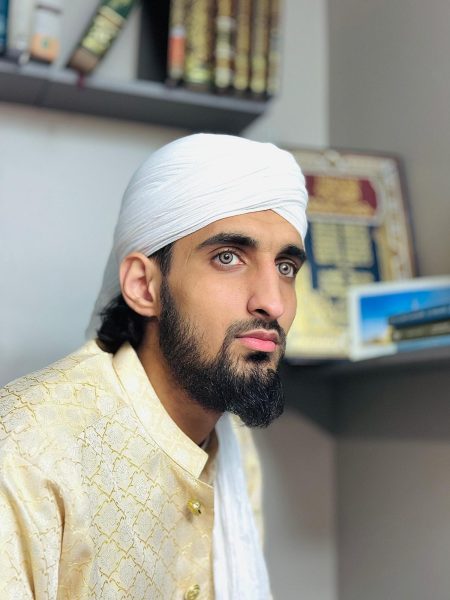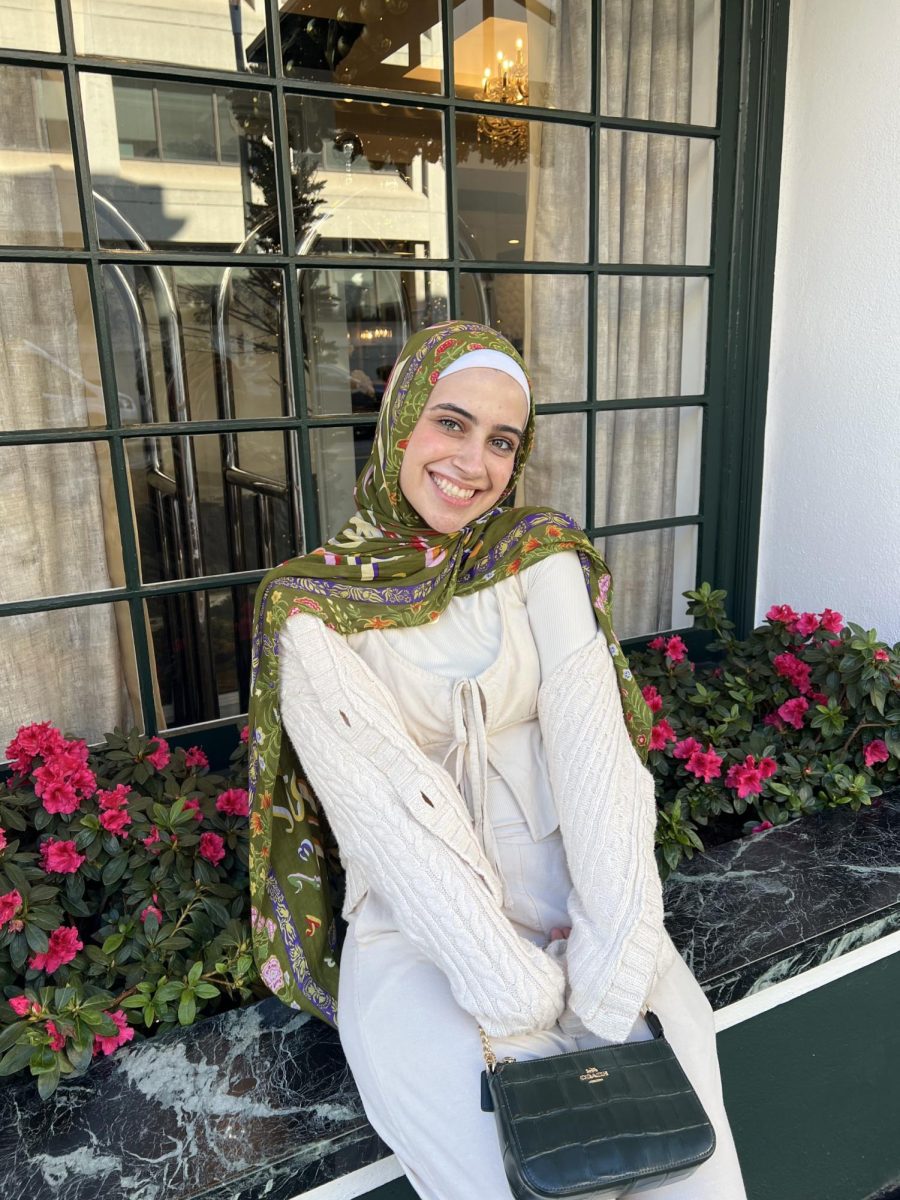Starting on Feb. 28, Muslims begin their practice of Ramadan through stages of fasting, praying and feasting.
Ramah Kassis, a senior in public health at Kent State University and president of the Muslim Students’ Association said, “Ramadan is a month-long period of fasting from sunrise to sunset. We don’t eat, we don’t drink water and we also try to abstain from negative behaviors. … Like cursing, gossiping, anything that’s considered negative.”
The holy month’s symbolic and spiritual meaning can be found in the origin of the word itself.
Zobair Ahmad, an Imam from the Islamic Society of Akron and Kent, said, “[In the word Ramadan] ‘Rama’ means ‘to extinguish.’ If you were to translate [Ramadan] into English, it would mean ‘the month that extinguishes.’… It’s a month where you can extinguish all of your bad habits … and all of the sins you have committed throughout the year.”

For Sunni Muslims, their fast concludes at sunset, where they gather with their families and community to enjoy a meal together.
“Traditionally, people eat at home with their families. [Sometimes] they invite their friends. There’s also a special night prayer called ‘Taraweeh’ that we perform [exclusively] during Ramadan,” Kassis said. “My favorite part about Ramadan is gathering with friends and family. There’s a sense of community that you don’t really get any other time of the year.”
Each night’s feast features a variety of traditional dishes to share.
“The food [that is prepared] is generally the same as usual, but there are specific desserts made for Ramadan. … [One dessert is] ‘Qatayef,’ which is like a pancake filled with cream that’s fried in oil. It’s really good.”
For some, culinary delights and gathering are favorite traditions of the holy month. For others, the night prayers hold significance.
“My favorite part about Ramadan definitely has to be the night prayer,” Ahmad said. “[I recall] when I was younger … the Huffaz, the people who have memorized the Quran, would lead the nightly prayer. I loved the night prayer because it was a moment for the community to get together, for me and my friends to be together. And the feeling was amazing — just feeling so much unity. … Ramadan is our pride, it’s our glory. Everyone has their moments. Every religion has their moments. Ramadan is ours.”
With food and drink only permitted at night, a day-long fast can impact the flow of a student’s typical school day.
“It’s hard for me to do anything during [Ramadan]. … By the end of the day you’re just so tired [from fasting] that you just don’t want to do anything. You end up sleeping the whole day,” Kassis said. “I’ll go to class, I’ll sleep more during the day, and then I will stay up at night and do my schoolwork, because that’s the only time I’m able to concentrate.”
The practice of Ramadan is limited to Muslim individuals, but some local events are open to the public. With the MSA, an on-campus banquet is approaching.
“There are upcoming banquets [at Kent State] related to Ramadan, and everyone is invited to attend,” Kassis said. “[The feast] is coming up around March 26th and is going to be in the Student Center Ballroom. [The MSA] invites students on campus to fast with us, and then we all break our fast together. You can find updates on this event on our Instagram.”
In the community, ISAK is hosting a similar dinner.
“On March 6th, we have an event where the mosque will provide the ‘night dinner’ for the whole community. If anyone would like to come to ISAK to join us [that is welcome]. Students can come. They can sit, they can eat with us. They can ask questions. … I will serve them a double plate!” Ahmad said.
Updates for the ISAK Mosque event can be found on its Instagram and Facebook page.
Julia Greco is a reporter. Contact her at [email protected].


